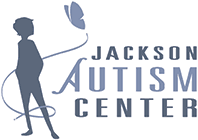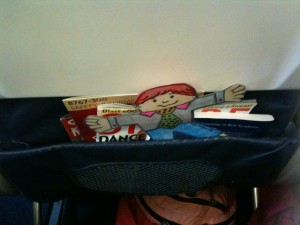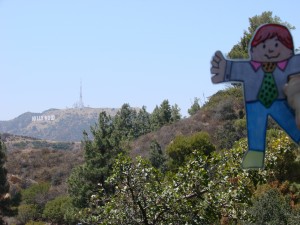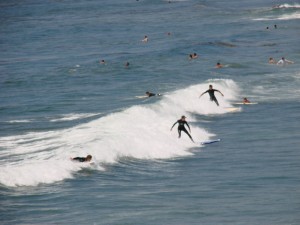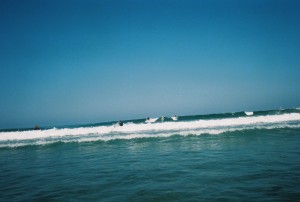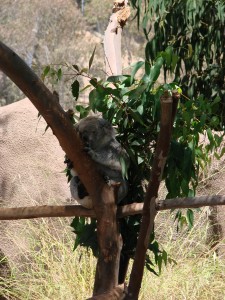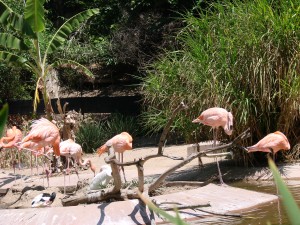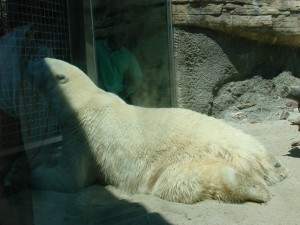July is here and by this time of the summer, a lot of parents are saying “Now what? How can I keep my child interested and engaged for the rest of the summer?” If you are one of those parents, I hope this list helps you find something fun to do!
5. Stay cool indoors! Try going bowling- it’s a great activity that not only allows you to interact with your child plus many of the newer bowling alleys have a computer screen that shows silly scenes after you bowl which may catch your child’s attention and even motivate them to bowl again! It usually isn’t too crowded during the day and you might even save a few bucks. Put the bumpers up and if your child doesn’t have great fine motor skills, teach them to granny bowl (put between their legs and roll). The fan by the bowling balls that cools your hands may also be a sensory bonus.
Take turns bowling and move as quickly or slowly as your child prefers! I have even had kids who wanted to take my turn and their turn. We turned it into a great game and cheered each other on. It’s not about who wins or loses- it’s how you play the game…
4. Buy sidewalk chalk with the 3-D glasses. This is a great opportunity to draw pictures, write letters or words, make a hopscotch board, etc. The 3-D glasses just add more fun. Some ways to engage your child: take turns, ask questions about what color they want, get them to tell you what to draw or what color to use, and even “erase” the scene with water and watch it dry in the sun.
3. Another great summer activity is going to the movies. In the Jackson area, Tinseltown and Malco (maybe United Artists too) have weekday showings in the morning at a special summer price. It may be busy, but this is a good time to try going to a movie and not feeling self-conscious about your child being too loud or not sitting still. There are all ages at these showings and everyone is typically friendly. AND, if you have to leave early, it’s much cheaper than usual admissions, so you can always build up a child’s tolerance of the movie theatre while you are not paying full price.
2. A way to incorporate reading with fun in the summer is to set up a tent in the house or in the backyard and get cozy with books. Camping items are great for kids with autism- and add a lot of sensory fun too. You can use flashlights, glow bracelets, and sleeping bags. Step it up a notch and include a little fishing game with the magnet poles and circular moving pond, fishing hats, books about wildlife and camping, and stuffed animals that live in the forest. These toys allow you to interact with your child in ways that may not have occurred on your usual summer schedule. Of course, no camping trip is complete without a special snack like s’mores- and they can be made gluten-free as well. Happy camping!
1. One of the programs that I think is widely overlooked in the summer is the local library reading program. The Jackson Hinds Library System has an awesome summer reading program that not only gets your child reading or you reading with your child, but also plans lots of activities for the kids- almost daily! Activities are free to anyone and with lots of libraries, there are lots of special things going on usually including “The Snake Man,” a real helicopter, plus lots more! This is a great way for your child to not only be included, but be exposed to new and interesting things.
These are just a few things that stick out in my mind from the many summers that I have taken children with autism into the community. I hope you will try some of these activities and find them as enjoyable as I have. If you try any of the above activities or have any topics you would like discussed in news and updates, please let me know what you think by completing the contact form. Happy summer!
